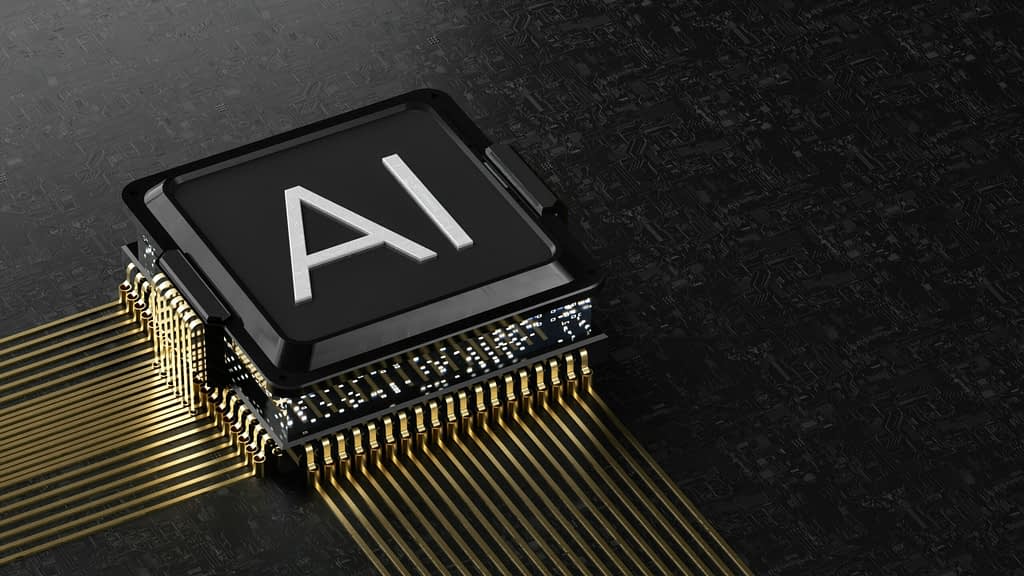Jensen Huang achieved a crucial breakthrough after months of effort – the US government approved the resumption of semiconductor sales to China. While the technology company NVIDIA had to write off 5.5 billion dollars in April due to export restrictions, it can now again supply its processors to the world’s largest artificial intelligence market.
NVIDIA Turned Investment Losses into Victory
The April ban on H20 semiconductors looked like a disaster. The American technology company had to write off a record 5.5 billion dollars. Today the investment situation is turning around – the US government permitted continued sales.
What renewed access to the Chinese technology market means:
- The entire Chinese artificial intelligence sector is worth 50 billion dollars annually
- The H20 semiconductor segment alone represents a potential of 15 billion dollars
- Competition has meanwhile strengthened – Chinese companies are building their own solutions
Huang’s Million-Dollar Diplomatic Mission
Jensen Huang used every available channel. First, he attended an exclusive dinner at Mar-a-Lago for one million dollars per person in April. This was followed by a meeting at the White House, where he argued about economic impacts.
The final step was a trip to Beijing for a Chinese supply chain expo, where he met with Chinese partners. Commerce Secretary Howard Lutnick explained the policy change: “We want everyone to use our technology ecosystem.”
50% of Global AI Developers Live in China
Huang’s decision stems from pragmatic reality. As he emphasized, “50% of artificial intelligence developers worldwide are in China” and American technological dominance cannot exist without access to the largest AI market.
This precedent will impact the entire sector:
- Other technology companies will push for lifting export restrictions
- China gains time to develop its own technologies
- The US must reconsider strategies toward the Chinese technology sector
China’s Weapon Against USA
The key factor wasn’t just diplomacy, but economic reality. China controls 85% of global rare earth production needed for semiconductor manufacturing. When Beijing threatened to limit supplies, American technology companies felt pressure immediately.
NVIDIA responded by announcing 500 billion dollars in investments in American AI servers – a gesture that helped overcome political resistance.
Markets Reacted Immediately: NVIDIA +5%, AMD +8.5%
Investors on the stock exchange reacted enthusiastically to news about resumed sales. NVIDIA shares rose 5% to a record 172.40 dollars in a single day. Technology company AMD, which received similar permission for its MI308 processors, strengthened even more by 8.5%.
The market recorded the significance of these numbers:
- NVIDIA reached a market capitalization of 4.2 trillion dollars
- The Chinese technology sector represents 13% of the company’s total revenues
- Semiconductor company shares rose 3.2% in a single trading day
The Paradox of H20 Chips: Restrictions Accelerated Chinese Innovation
Months of export restrictions didn’t go without consequences. Chinese company Huawei introduced 910D series processors that approach the performance of banned American models. ByteDance and Alibaba invested billions in their own research.
The paradox: H20 processors became the foundation for the biggest Chinese breakthrough in artificial intelligence. The question for investors is whether Chinese companies will return to American semiconductors, or whether they already have sufficient alternatives.
What Awaits Investors in Technology Shares
NVIDIA’s success opens the way for other American companies. Intel and Qualcomm are preparing their own applications for export licenses. Investors expect further easing of trade sanctions.
Key factors:
- Reaction of Chinese companies to resumed supplies
- Possible announcements of similar agreements with Intel
- Development of US-China negotiations
In the short term, the semiconductor sector benefits from optimism, while long-term success depends on geopolitical stability. Huang proved that personal diplomacy works better than traditional channels.




